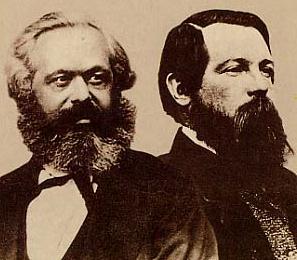Hannibal and Kipling at UL, Mexico City
This week I gave five talks at the impressive Universidad de la Libertad, a new university focusing on innovation and entrepreneurship. My hosts snapped this pic of me beside a favorite quotation adorning one of the walls there. For my fellow gringos whose Spanish could use an assist: “No price is too high to pay […]
Hannibal and Kipling at UL, Mexico City Read More »
